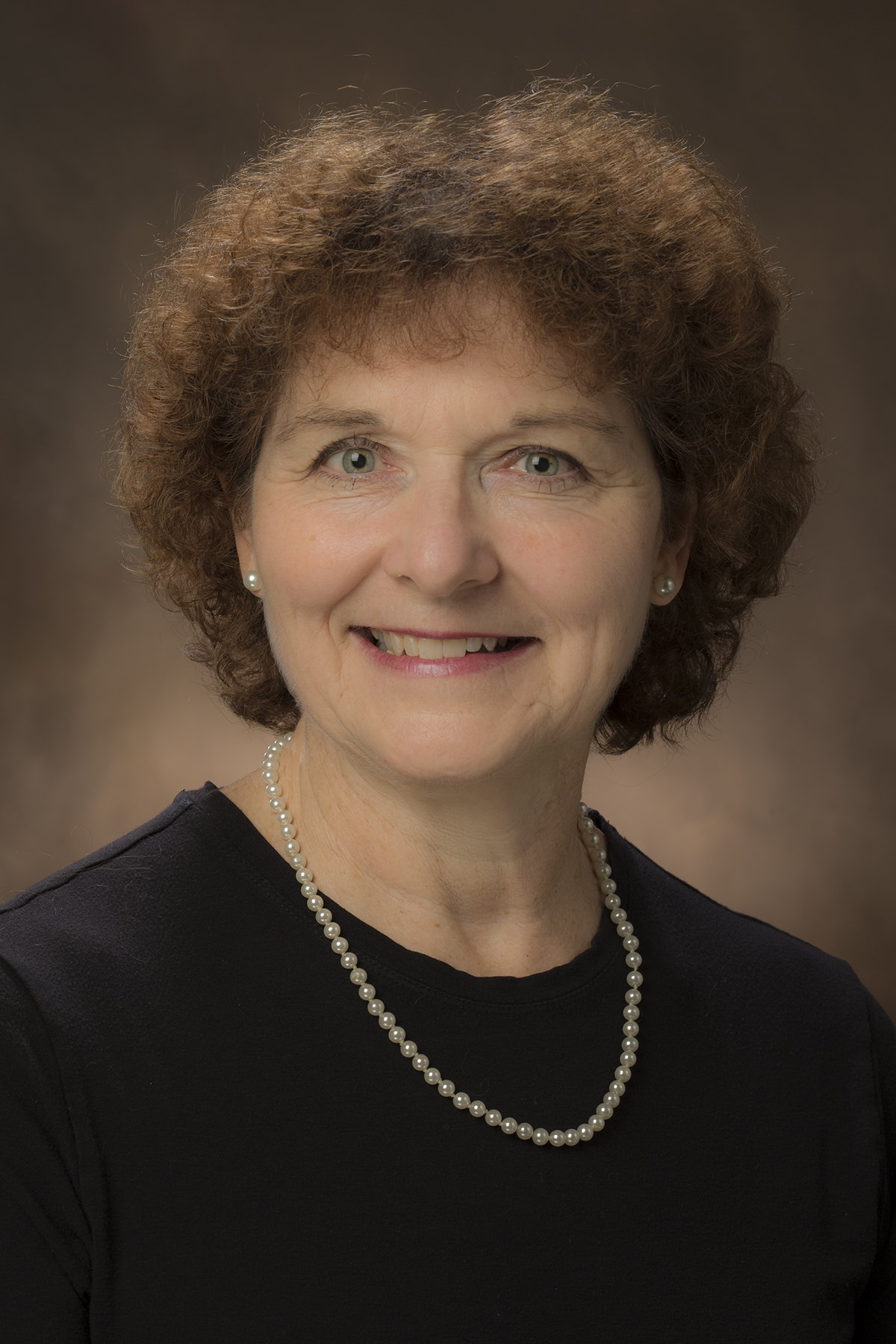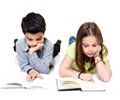
Hello, I am Dr. Valerie A. Ubbes, and I am the project director and designer of the Digital Literacy Partnership which houses three databases and one oral health literacy curriculum. I am a Master Certified Health Education Specialist® and Professor Emerita of Health Education in the Department of Kinesiology and Health at Miami University in Oxford, Ohio. My scholarship advances health literacy by giving people access to valid and reliable health information so they will be able to read, write, and speak about their health as they learn to practice their daily health habits and routines.
In the mid 1990’s I partnered with Miami University Libraries to work on a project to move the Instructional Materials Collection from a card catalog system into a database. At that time, little had been written about picture books as a way to promote health education with the exception of Dr. Cynthia Symons, who wrote a book highlighting health-related themes in children’s book as a vehicle for bibliotherapy. Over the next two decades, I wrote a series of grants to build a case for children’s picture books in health education – not as a replacement for extant curricula but as an extension to what children could read beyond classroom instruction in health education. Little did I know that health education would eventually get less and less curriculum time in schools as a result of the No Child Left Behind federal education policy. Hence, literacy became more central in my attempts to teach topics, concepts, and skills through picture books – and to advance the need for health education as a core subject in the academic curriculum.
The inception of the Children’s Picture Book Database at Miami University contributed the first time that picture books would be read, abstract, and assigned multiple keywords to describe the content and themes of the stories from an interdisciplinary perspective. This was important so that all eight academic subjects in elementary schools could be represented and used by teachers to plan curriculum lessons. Moreover, I wanted health education, physical education, music, and art to be less marginalized in the core curriculum and to be more inclusive to children’s development of health and literacy. The multiple keywords also afforded parents, teachers, and librarians an opportunity to locate books for children when they were seeking a particular topic, concept, or skill – key building blocks to curriculum design.
The second contribution of the Children’s Picture Book Database at Miami University was its use in national programs like Reach Out and Read which encouraged parents to read to children everyday to contribute to their emergent literacy and functional health. Later as I continued to develop my line of research in health literacy, the Children’s Picture Book Database at Miami University, won national recognition as one of the 101 Best Websites for Teachers.
I have designed, written, edited, and maintained three databases to promote picture books, electronic texts, and public service announcements for use by the health education profession over the past 25 years. My first database called the Children’s Picture Book Database at Miami University© has been nationally recognized as one of the 101 Best Websites for Elementary School Teachers (Lehman, 2006). My database aims to develop an inclusive language of keywords from all eight academic disciplines, so teachers and librarians can access books for children using a hierarchical thesaurus of 1300 interdisciplinary keywords that I conceptualized for searching topics, concepts, and skills in over 5700 picture books. My database is inclusive to the subjects of health education, physical education, art, and music which makes it unique in databases for designing integrated curriculum for children. In 1999, this database had over 1.5 million users and continues to be accessed and used through a new platform called the Digital Literacy Partnership.
In 2014, I launched the Digital Literacy Partnership (DLP) website with two additional databases of health-related materials co-written with students @ http://dlp.lib.miamioh.edu Within the first two years (from 2/14/14 to 12/9/16), the DLP website had 27,074 users and 124,758 page views from 153 countries. With 2 additional years of tracking user data through Google Analytics, the DLP website increased to 47,460 world-wide users with 194,699 page views. In 2018, an eBook for Oral Health Literacy eBook Curriculum© was designed and launched. At that time, the United States represented 70%-78% of the total online sessions with 153 different countries making up the remaining 22%-30% of the total sessions.
Data collected from January 2022 to July 2020 showed that the Digital Literacy Partnership (DLP) website with four entities (see below) had increased to 58,760 world-wide users from 173 countries with an access rate of 293,084 page views. Current data to June 5, 2023 indicate 64,263 world-wide users from 176 countries with 314,644 page views.
Ubbes, V.A. & The Center for Digital Scholarship at Miami University. (2014-Present). Digital Literacy Partnership (DLP): Three databases and one curriculum to promote the relationship between literacy, health, and technology. Designed, maintained, co-written, and edited by Valerie A. Ubbes:

